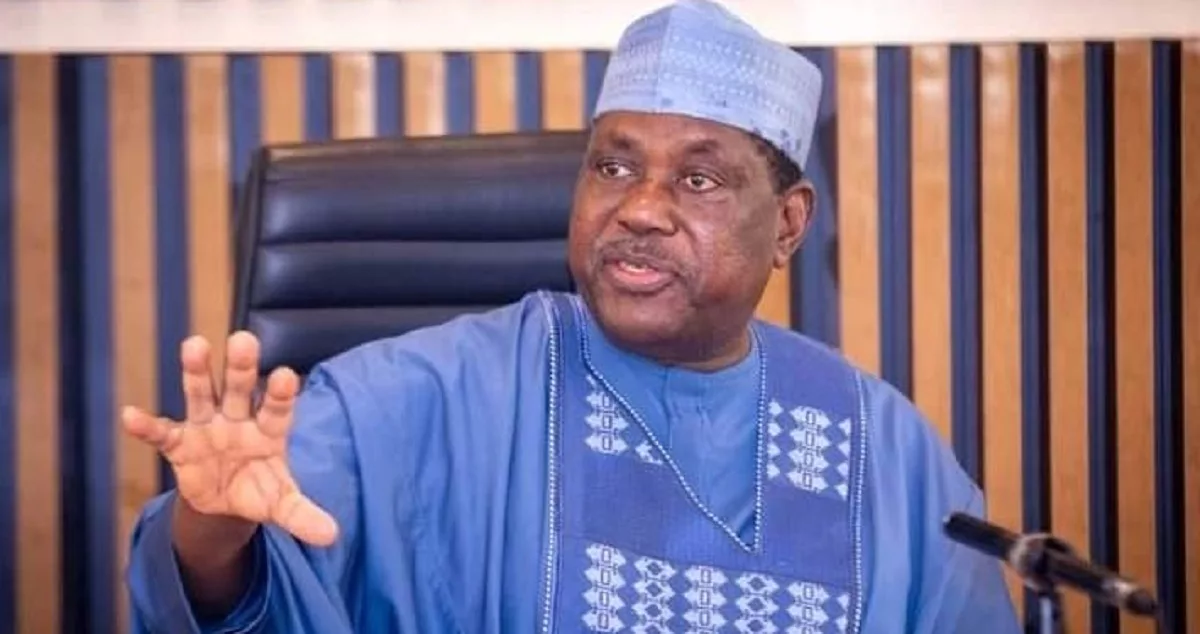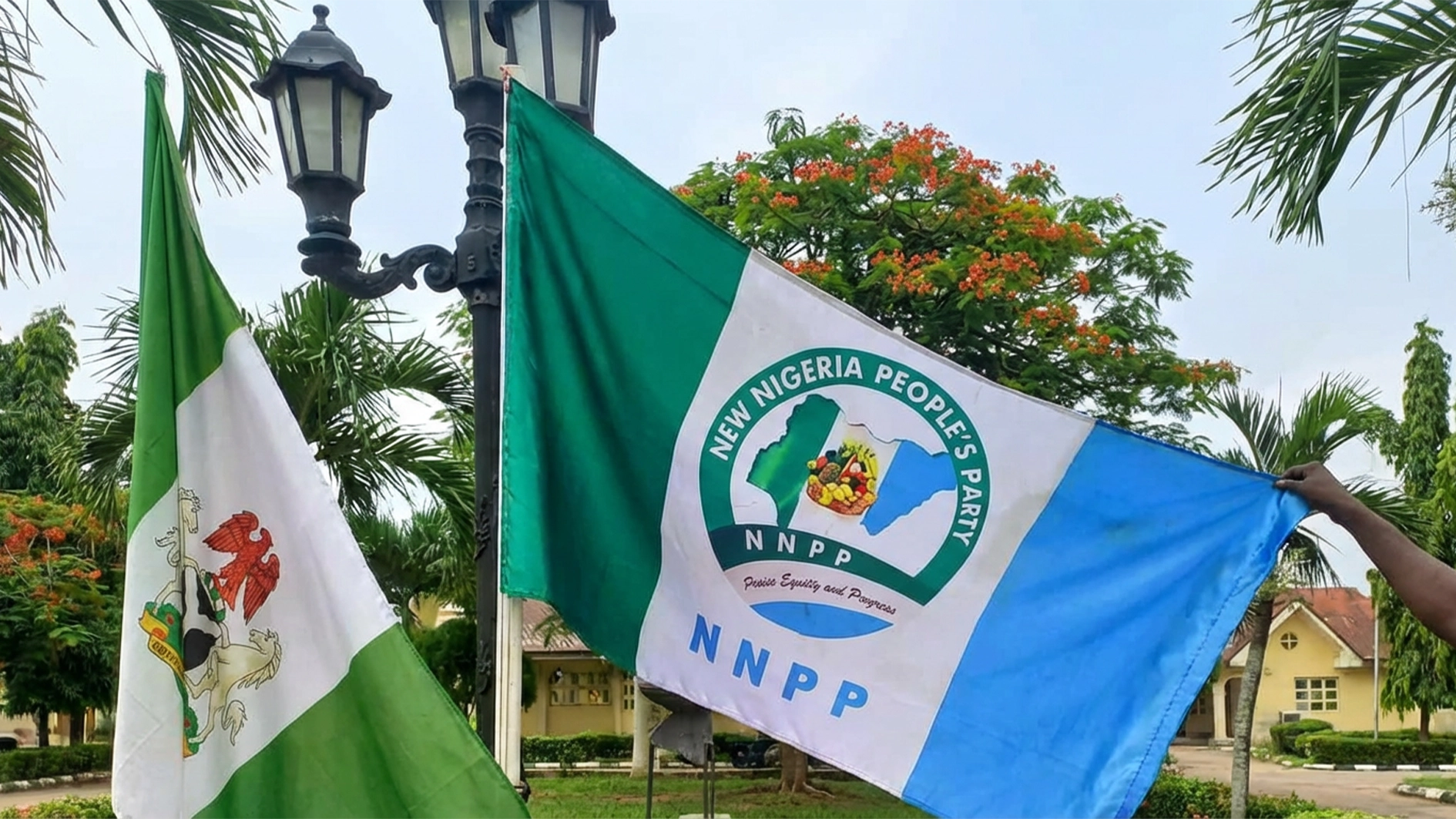Former President Goodluck Jonathan on Thursday delivered an emotional tribute to former Akwa Ibom State Governor, Obong (Arc.) Victor Attah, describing him as the man whose courage and stubborn insistence on fairness fundamentally transformed the economic destiny of the Niger Delta.
Speaking at the public presentation of Architect of a New Dawn, Attah’s new biography, Jonathan told an audience of political leaders, traditional rulers and admirers that today’s Akwa Ibom would have been “a completely different place” without Attah’s historic battle against the onshore–offshore oil dichotomy.
Jonathan, who recounted working at OMPADEC as a young technocrat, said Akwa Ibom’s allocation at the time was so meagre that it barely registered at the federal level.
“Akwa Ibom was receiving only one per cent. One per cent,” he stressed. “Those who enjoy the huge revenue today must understand the struggle that made it possible.”
And at the centre of that struggle, he said, stood one man.
“Victor Attah was not just part of the fight. He was the lion leading the charge,” Jonathan declared. “Others fought, yes. But Attah was the champion — number one.”
Jonathan described the tense days following the Supreme Court’s judgment denying oil-producing states offshore revenue. Many governors stepped back. Attah did the opposite.
“Even after the Supreme Court ruled against him, he did not rest. He was not afraid. He refused to accept a verdict that threatened the future of his people,” Jonathan said.
He read from the biography, quoting Attah’s bold challenge to the judgment:
“This decision will remain to the eternal shame of the Supreme Court of Nigeria unless it finds the courage to reverse itself.”
Jonathan paused and added, “If that judgment had stood, the development we see in Akwa Ibom today would be less than one per cent. That is not exaggeration — it is a fact.”
The former president also highlighted Attah’s philosophy of nonviolent democratic resistance, captured in a fiery line from the book: “Adaka Boro fought with guns. He was killed. Ken Saro-Wiwa fought with the pen. He, too, was killed. But we have a more potent weapon — our ballot paper.”
Jonathan said Attah’s strategy reshaped political consciousness in the region.
“He reminded us that unless they kill all of us and seize our ballot papers, we have the power to choose leaders who recognise the Niger Delta’s rights,” he said.
Beyond the resource-control battles, Jonathan said Attah’s vision for Akwa Ibom helped lay the foundation for the thriving state visible today.
“He dreamt boldly, planned meticulously, and executed decisively. That is why decades after leaving office, his work continues to speak louder than any speech,” Jonathan said.
He described Attah as a leader of rare integrity whose mentorship quietly shaped leaders across the country.
Turning to the celebrant, Jonathan said Attah’s 87 years reflect a life lived with intention and service.
“At 87, Obong Attah stands as a testament to what it means to live a life of purpose,” he said. “His legacy is now deservedly immortalised in this book.”
He prayed for continued health, peace and wisdom for the elder statesman, adding: “On behalf of my family, my friends, and millions who admire you, happy 87th birthday. Your story is not just history — it is inspiration.”
The ceremony drew an impressive gathering of political heavyweights, clergy, traditional institutions and citizens who came to honour the man many regard as the architect of modern Akwa Ibom.






